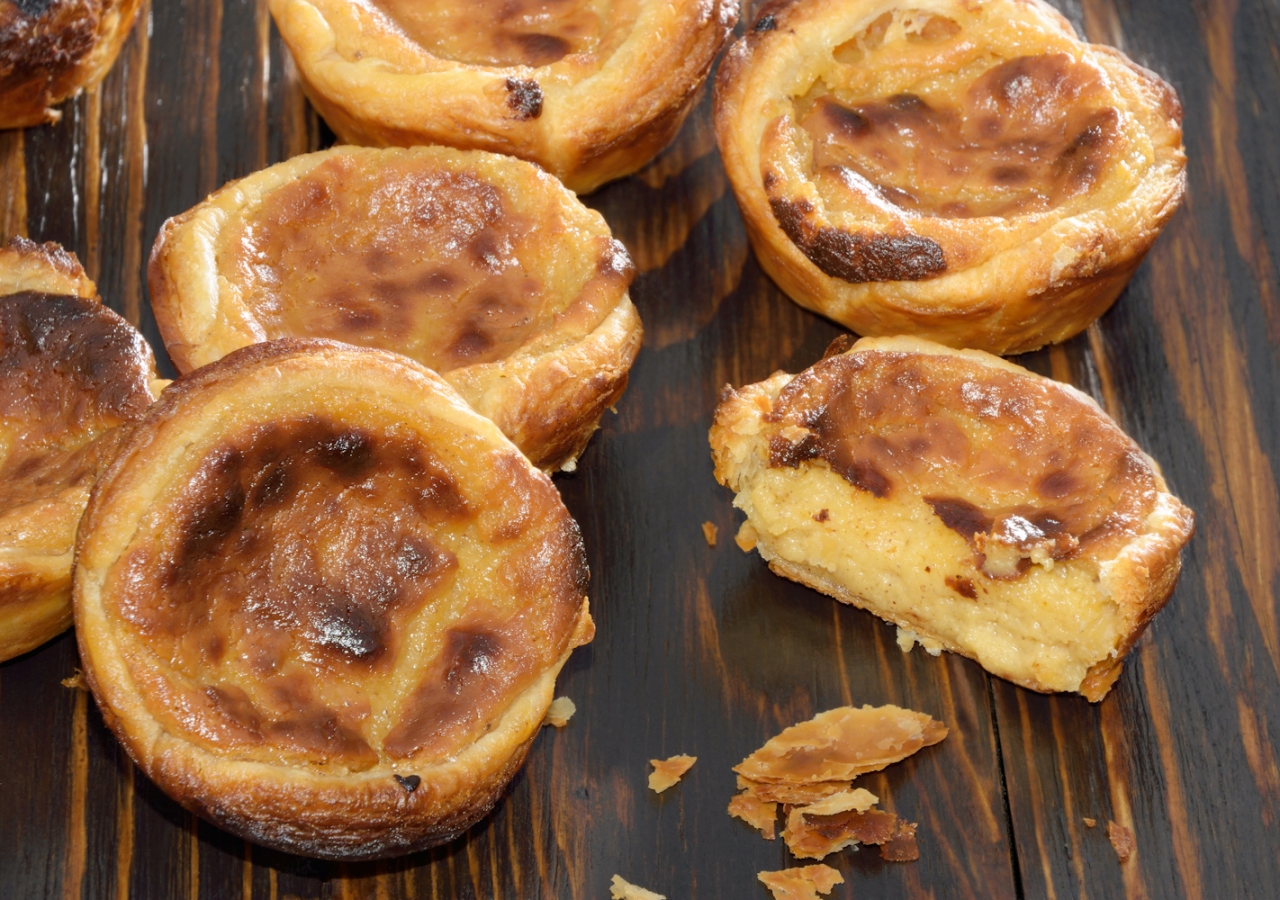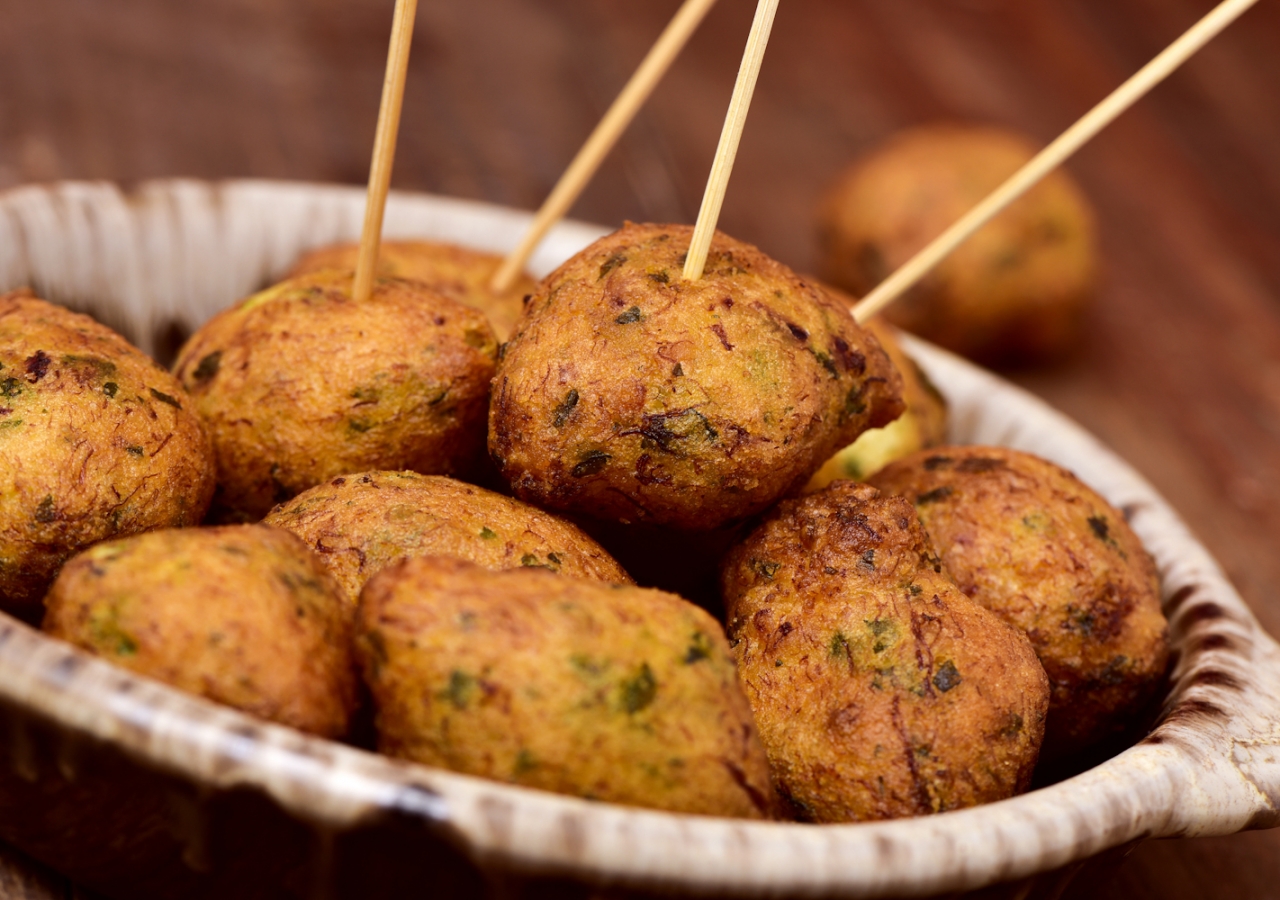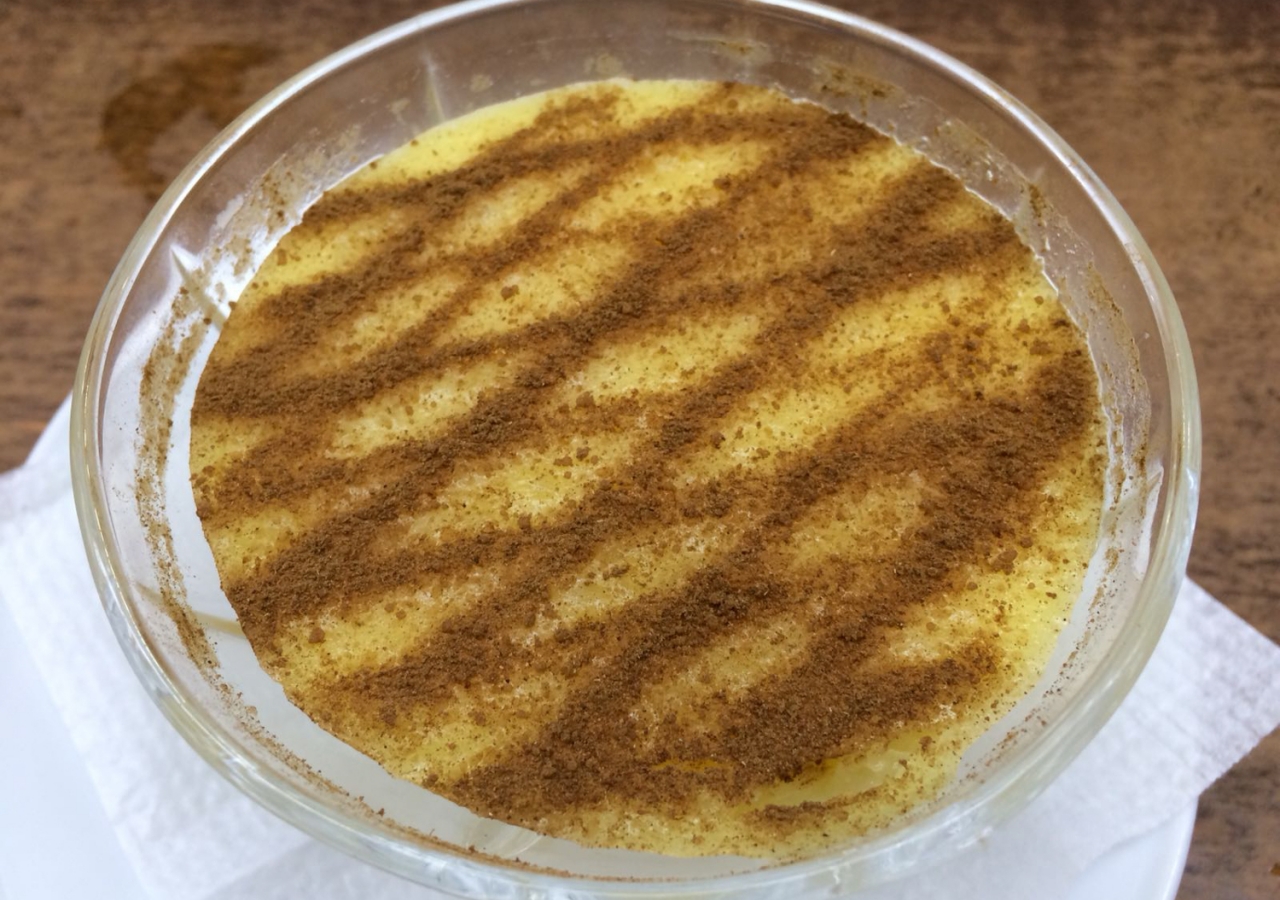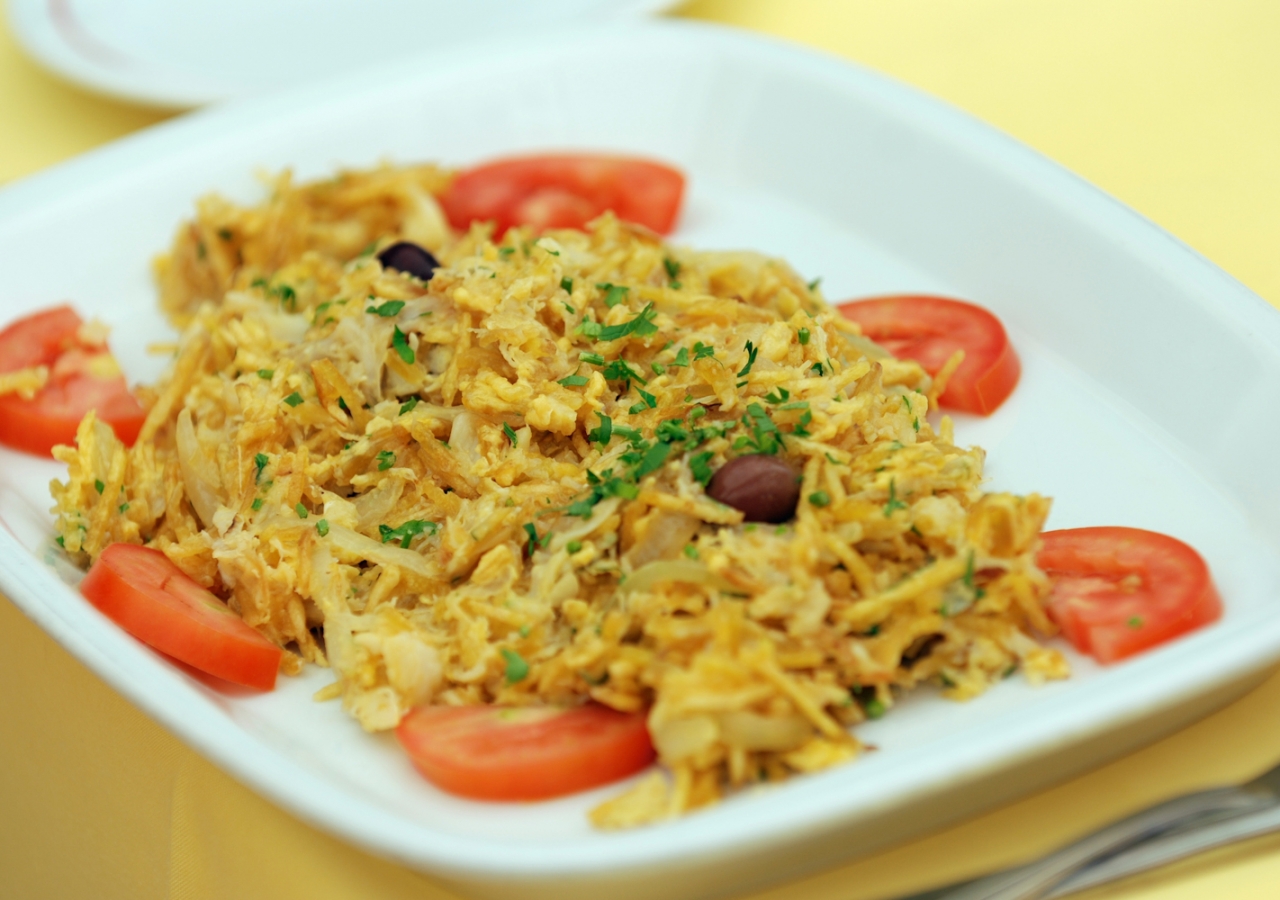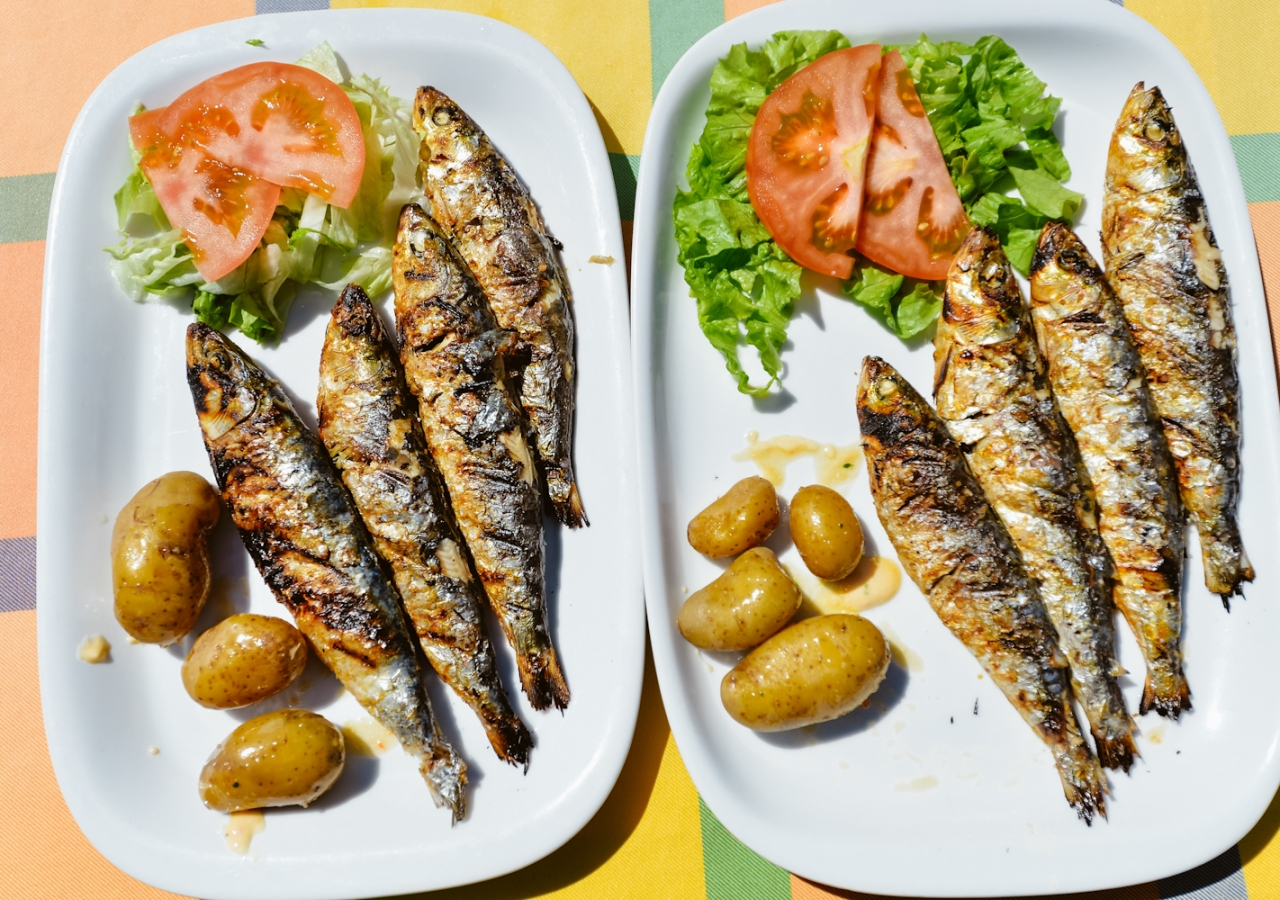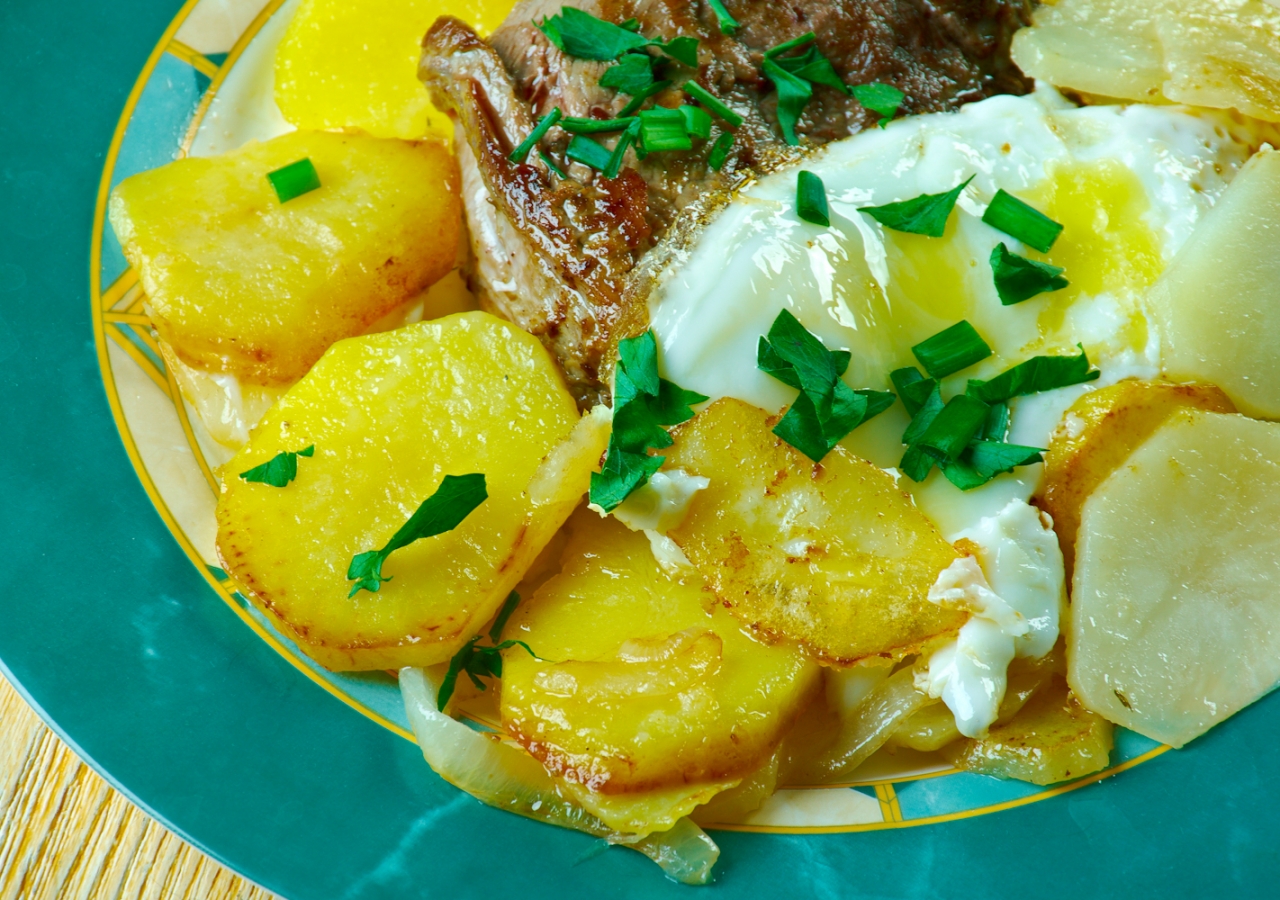In addition to boasting a stunning coastline, avant-garde architecture, and winding cobbled streets, Lisbon is renowned for its charming gastronomy. The city is crammed with bustling street markets, quaint coffee shops (pastelarias), and plenty of tascas or neighborhood eateries. Shaped by peasant cookery and immigrant influences, Lisbon's cuisine is marked by rich, flavourful spices, fresh local ingredients, and of course, lots of fish — particularly bacalhau (cod). Read on to discover the city's culinary wonders and experience a taste of the Portuguese palate!
1. Pastéis de Nata
PastéisdeNata.jpg
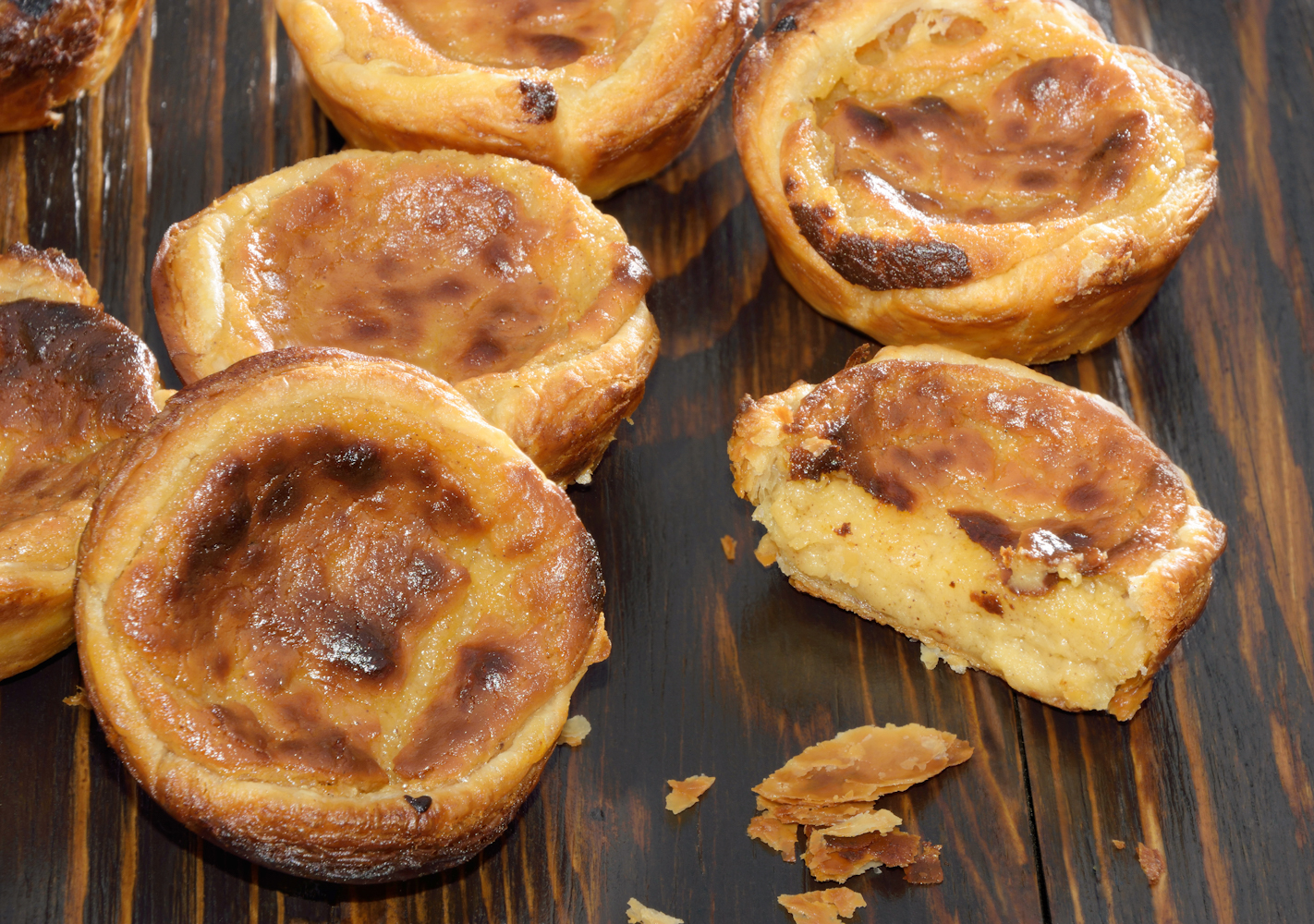
These delicious egg tarts feature a creamy, custard filling with a crisp, flaky crust, and they taste best when enjoyed fresh and warm. Often served at breakfast, as an after-lunch dessert, or even as a midday snack, pastéis de nata are made of egg yolks, cream, flour, sugar and lemon zest. Rumour has it that only a few people in the city know the secret recipe for these authentic, time-honoured pastries. Head over to a traditional pasteleria (coffee shop) to sample some of the best pastéis de nata you'll ever eat.
2. Pastéis de Bacalhau
PastéisdeBacalhau.jpg
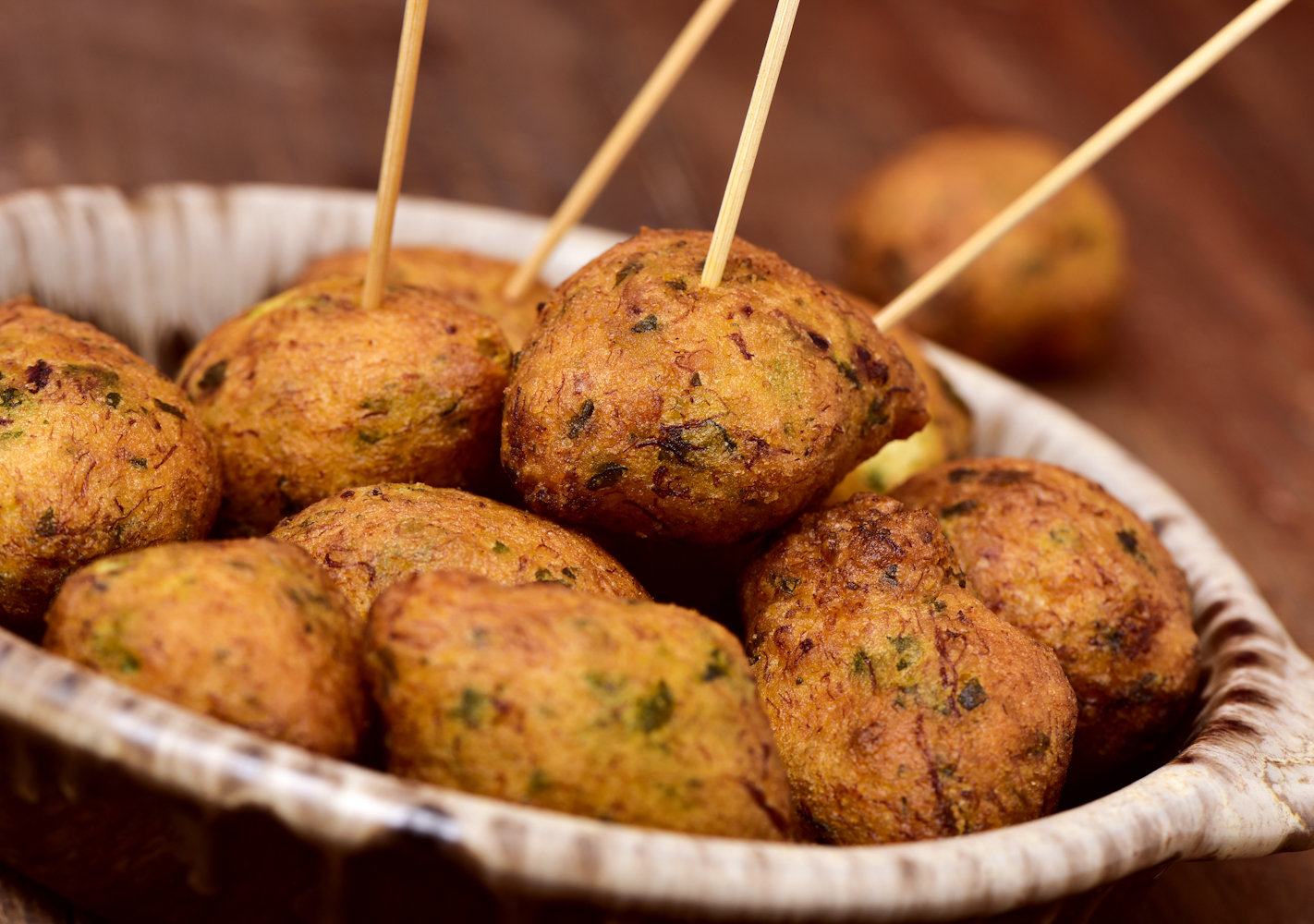
Given the country's proximity to the ocean, cod (bacalhau) is a staple in Portugal. In fact, it's popular to say that there are nearly as many bacalhau recipes as there are days of the year! Enjoy cod Portuguese-style with pastéis de bacalhau, also known as codfish fritters. This delightful dish is made with cod, potatoes, parsley, and eggs and boasts a golden, crunchy exterior with a soft, flavourful interior. Salted cod is often soaked in water for a day or two before cooking in order to hydrate the fish and reduce its salt content. To get the signature oval shape, these fritters are shaped with two oval spoons before being dropped into a pot of scalding oil. You can enjoy them as an appetizer, snack, or even as an entrée accompanied with steaming rice and a fresh salad.
3. Arroz Doce
ArrozDoce.jpg
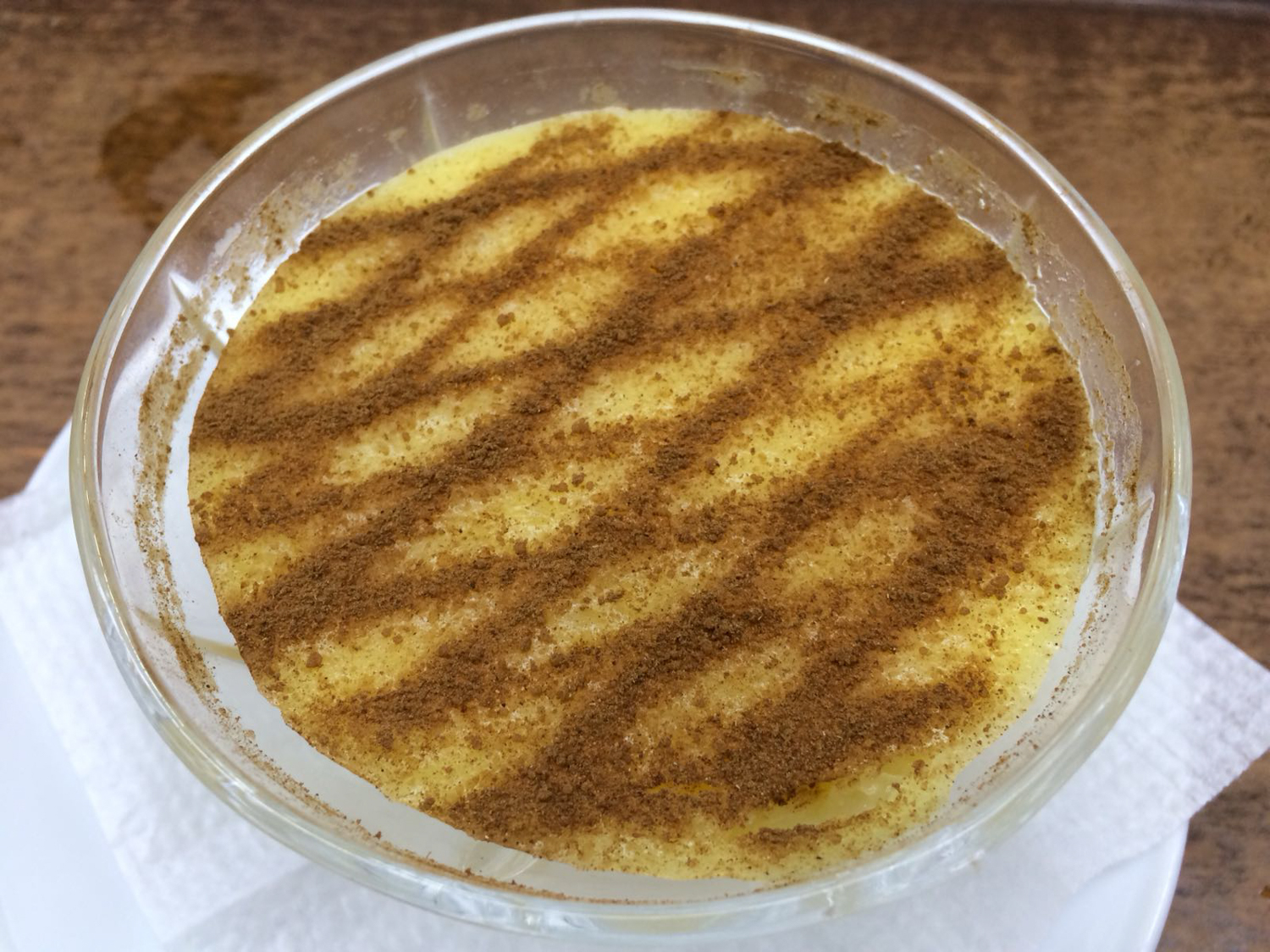
Arroz doce, which translates to sweet rice, is a creamy, classic pudding that has graced Portuguese dessert tables since the 16th century, when sugarcane first arrived to Portugal from India. Made with rice, sugar, milk, egg yolks, and lemon zest, this dessert is a popular treat at holidays and celebrations. What distinguishes this Portuguese delicacy from other rice pudding dishes is that it is slow cooked, often made with short-grain rice, and generally creamier than other versions. The pudding is usually topped with a decorative cinnamon design, often in the shape of a lattice. When served chilled, this sweet, velvety dessert is sure to impress!
4. Bacalhau à Brás
BacalhauàBrás.jpg
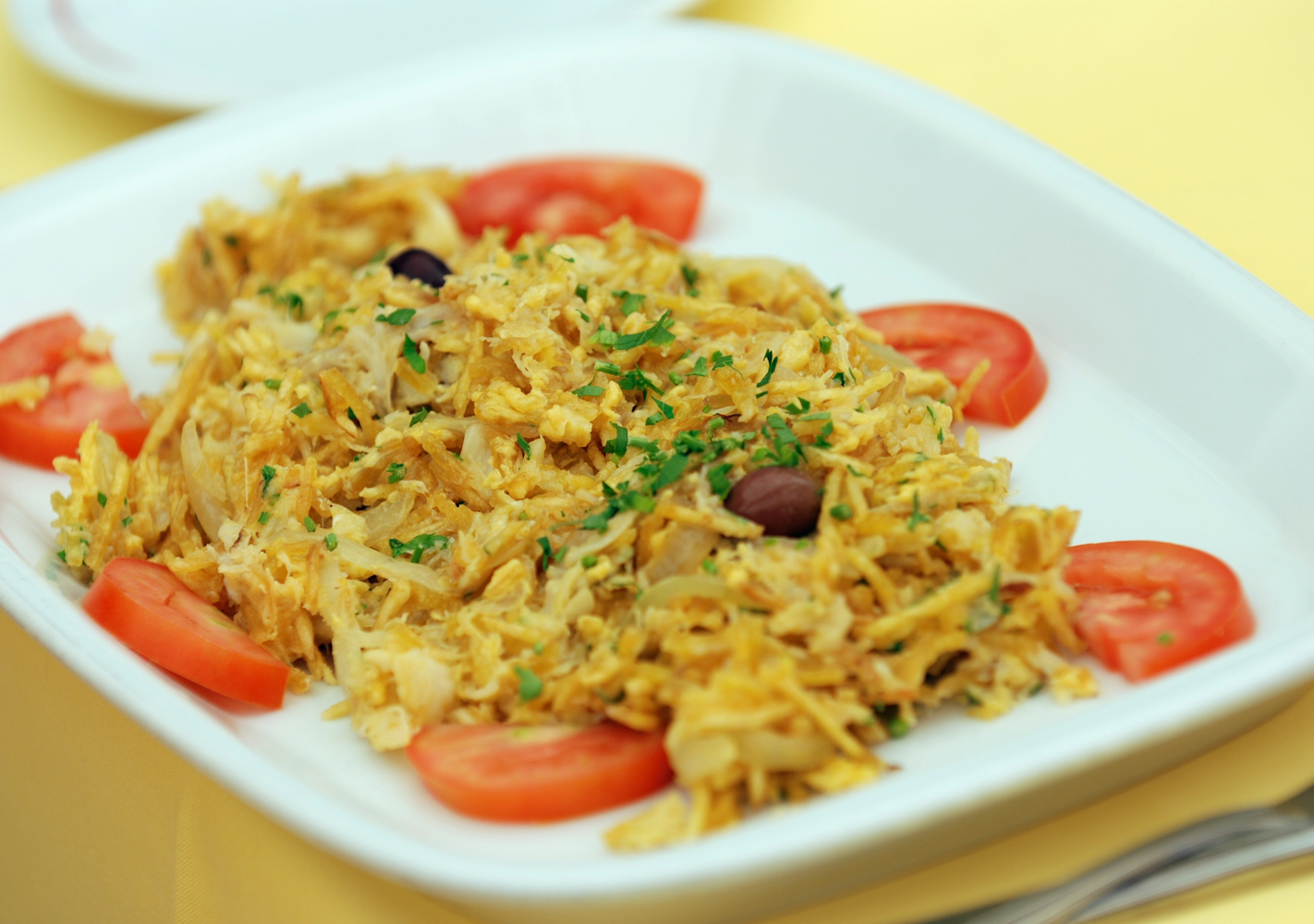
We told you cod (bacalhau) was a national staple! Another Portuguese codfish specialty is bacalhau à brás, a dish made with an ideal combination of shredded codfish, matchstick fried potatoes, scrambled eggs, and a garnish of parsley and black olives. Simple to make, bacalhau à brás is savoury and rustic - the quintessential menu item for brunch.
5. Sardinha Assada
SardinhaAssada.jpg
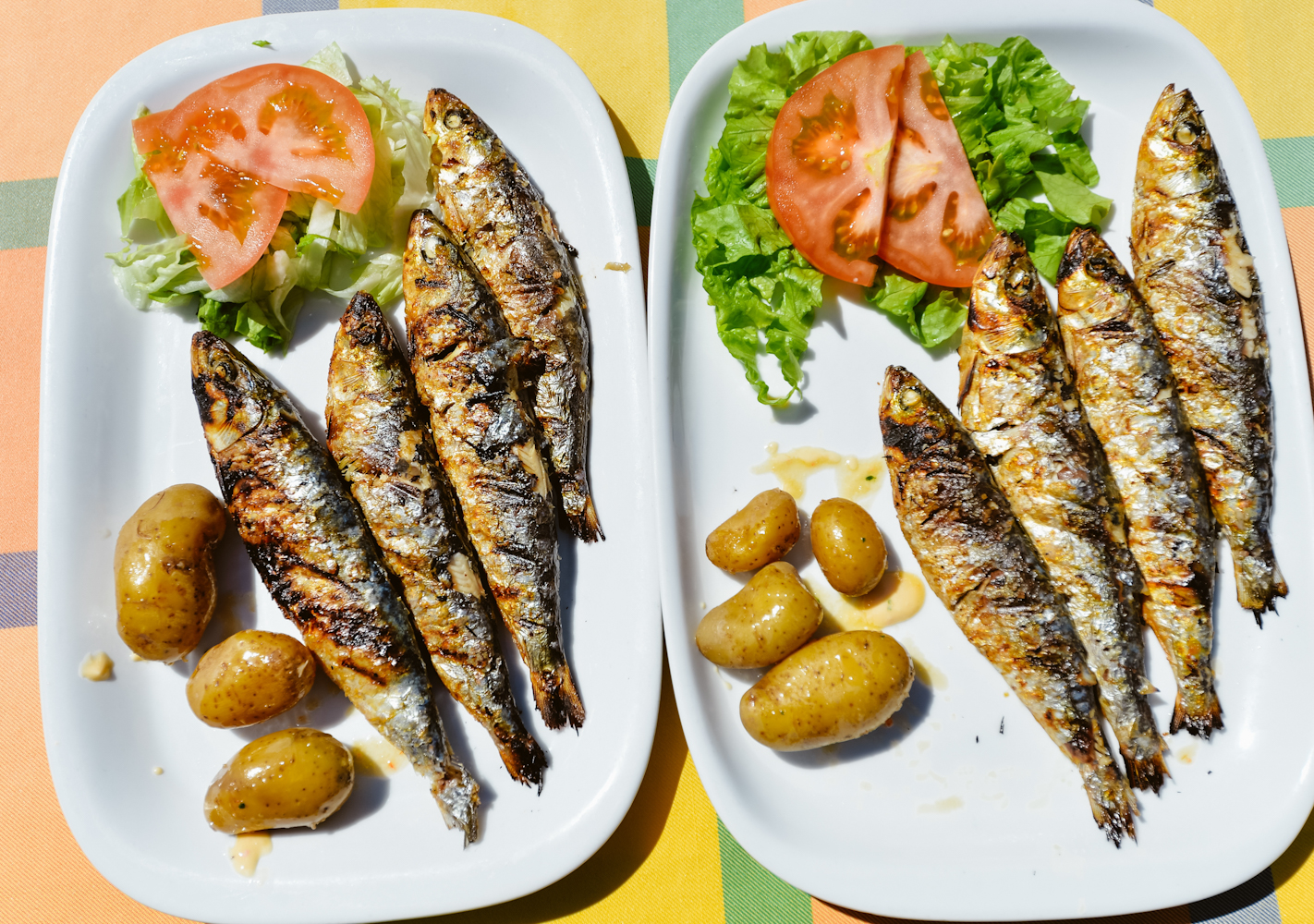
Sardines are a crowd favourite in Portugal, particularly during the warmer months. High in protein, laden with omega-3 oils, and rich in Vitamin D, this type of fish offers impressive nutritional benefits. One of the classic Portuguese fish dishes is sardinha assada, or grilled sardines. Rubbed in oil and salt and then grilled until crispy, this fish is a legend in Portugal. In fact, sardinhadas are special sardine-eating events that can comprise of anything from a simple dinner with sardines on the menu, to a day-long cookout event! If you choose to sample this dish, you'll be eating one of the gastronomic pearls of Portugal.
6. Bitoque
Bitoque.jpg
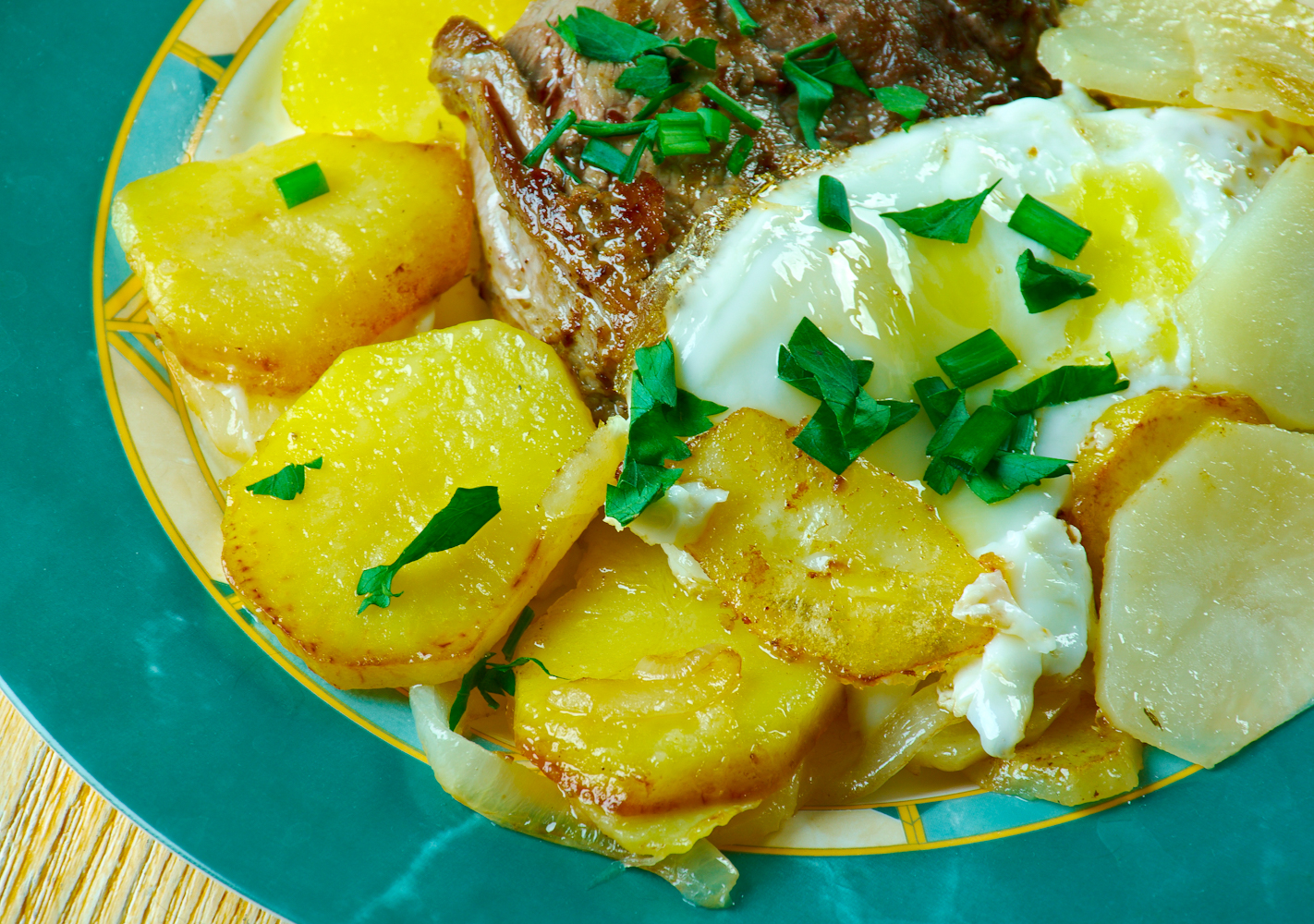
If you're looking for a filling, protein-packed Portuguese dish, bitoque is one of your best bets! Consisting of lean fried or grilled steak nestled next to an egg and paired with a side of rice or fries, this dish is a common lunch option for many Portuguese people. A quick and easy favourite among adults and kids, bitoque is often found at traditional restaurants, malls, and fast food restaurants. Though it's a Lisbon original, this dish is enjoyed all across the country.
Noor Pirani is a student at Wellesley College studying Biology and Spanish. She is passionate about science, education, health, and nutrition, and works with The Ismaili Nutrition Centre as a content and social media writer.
Sofia Juma is a Registered Nurse with a special interest in nutrition and fitness. She was born in Setúbal, Portugal and loves going back every year with her two daughters and husband.
Edits: Afshan Khoja

